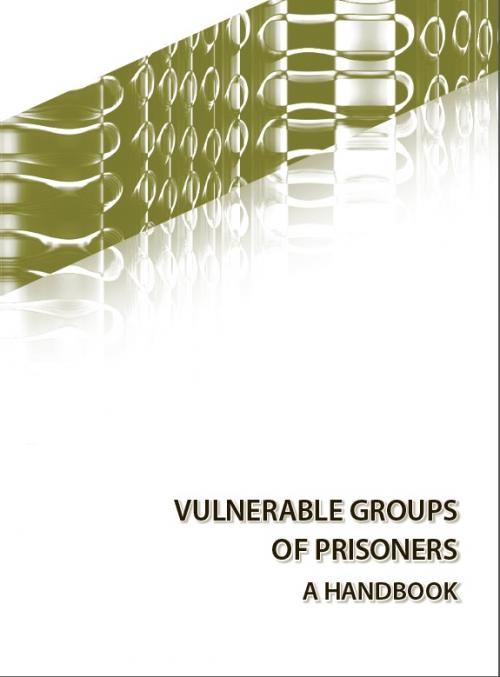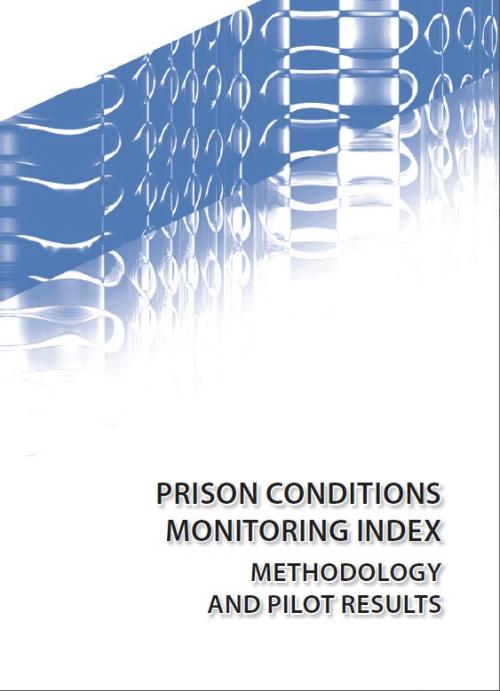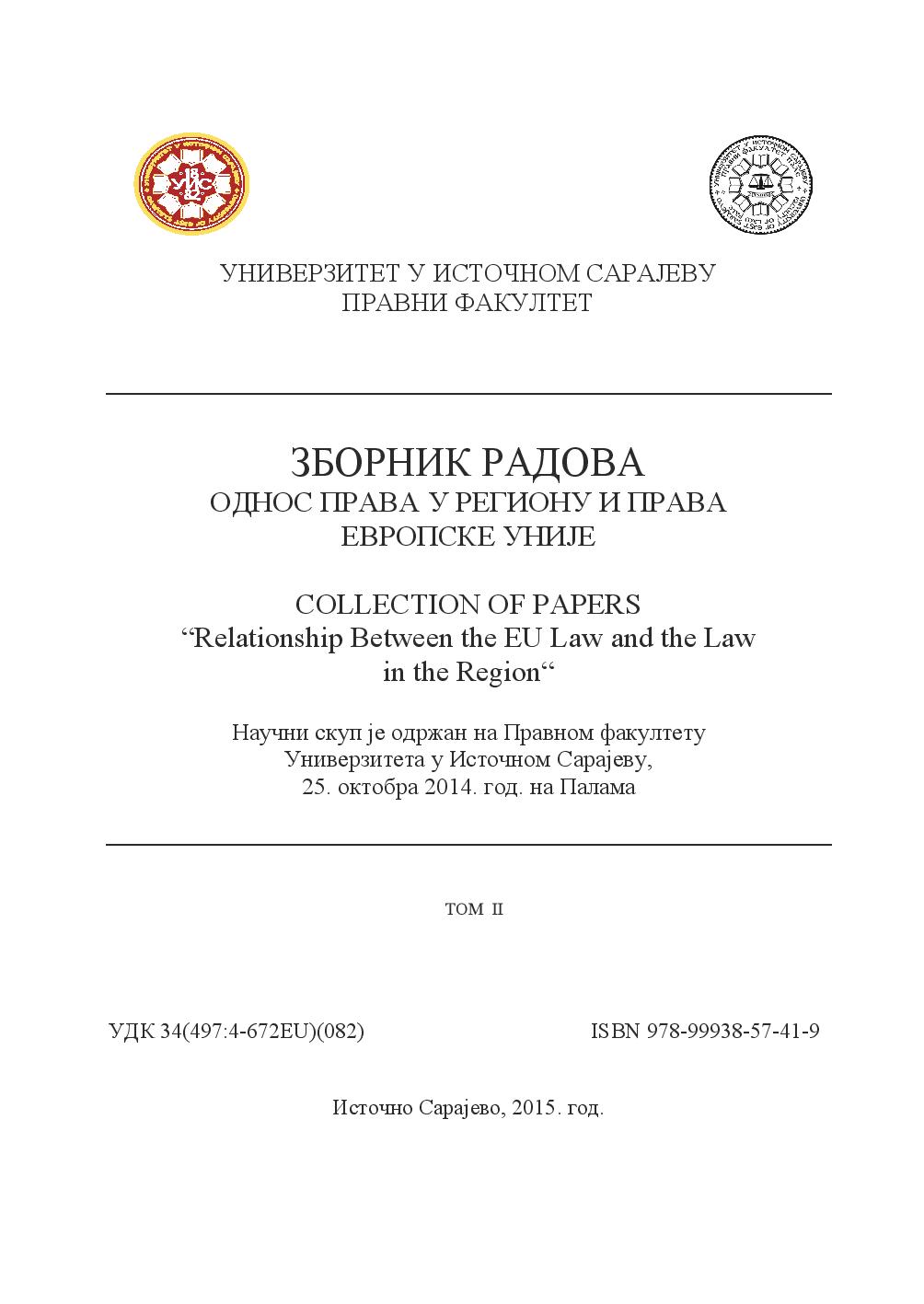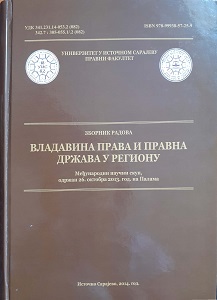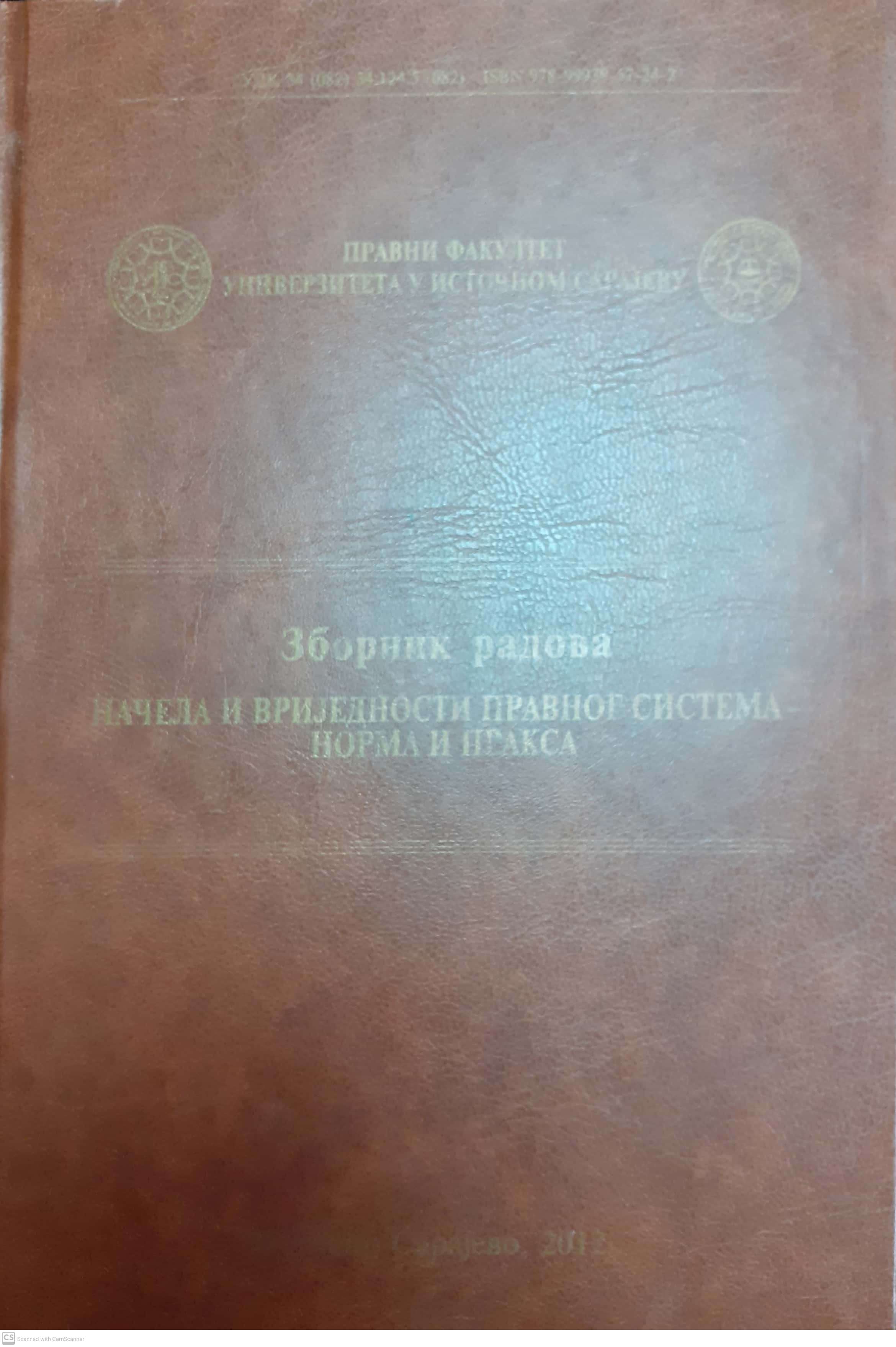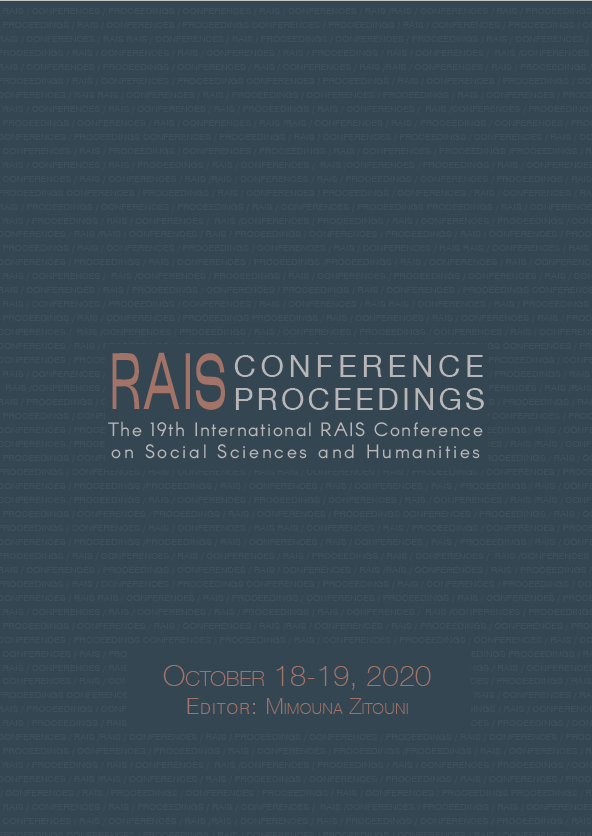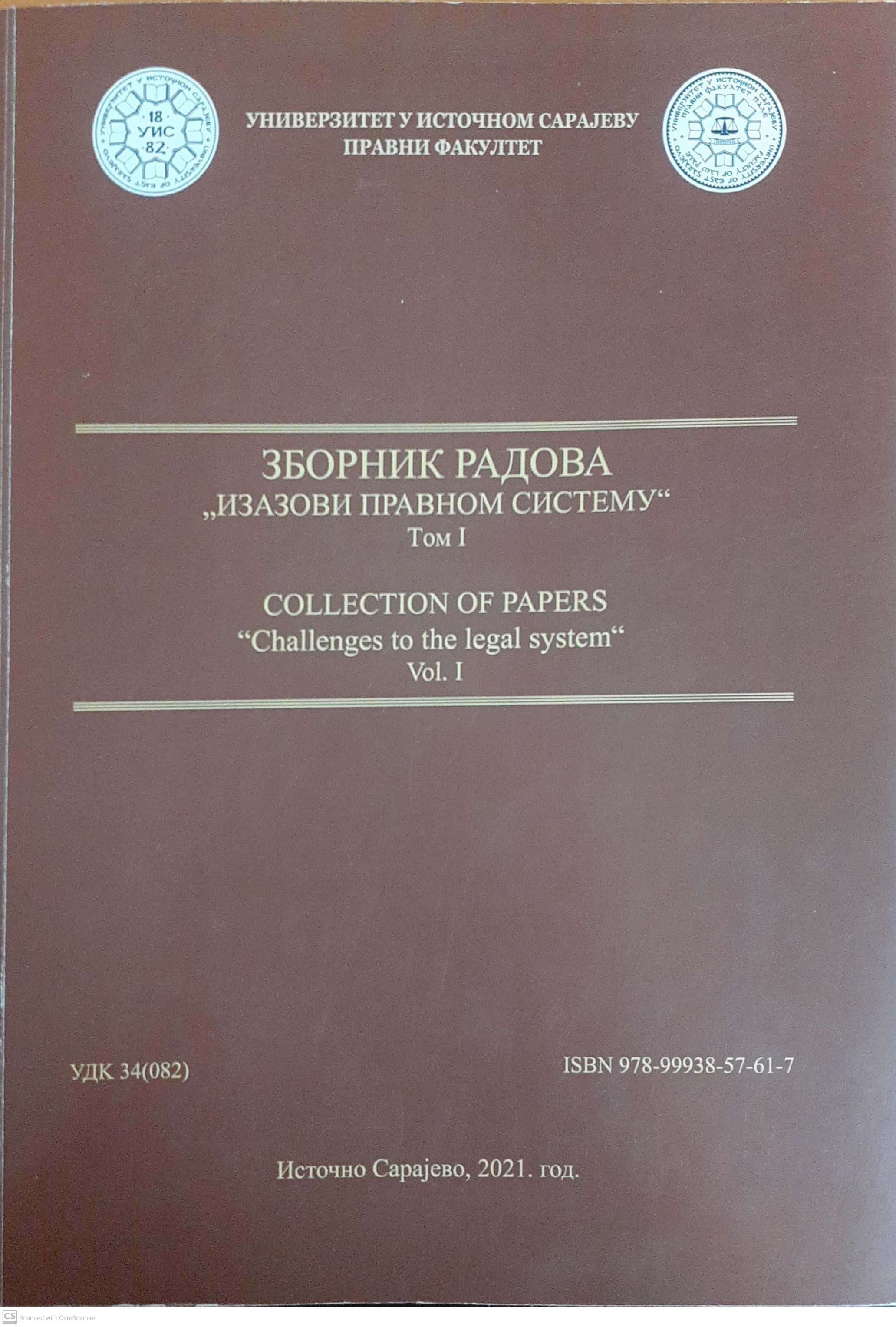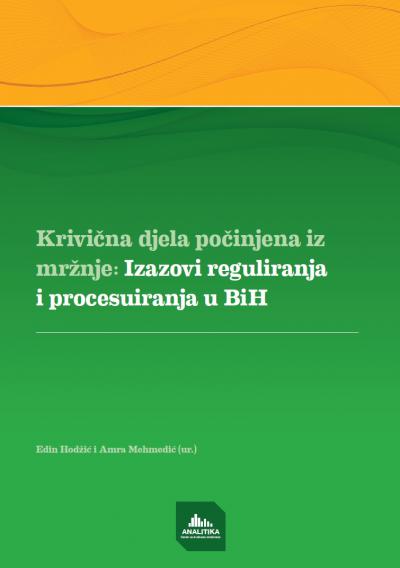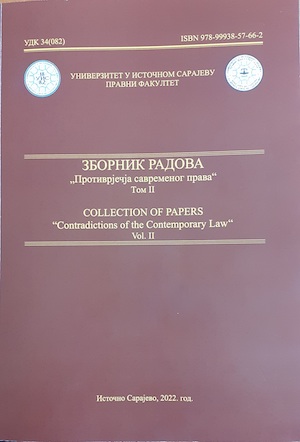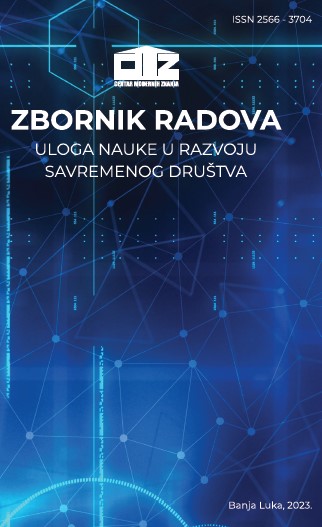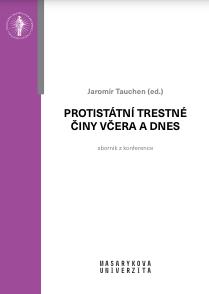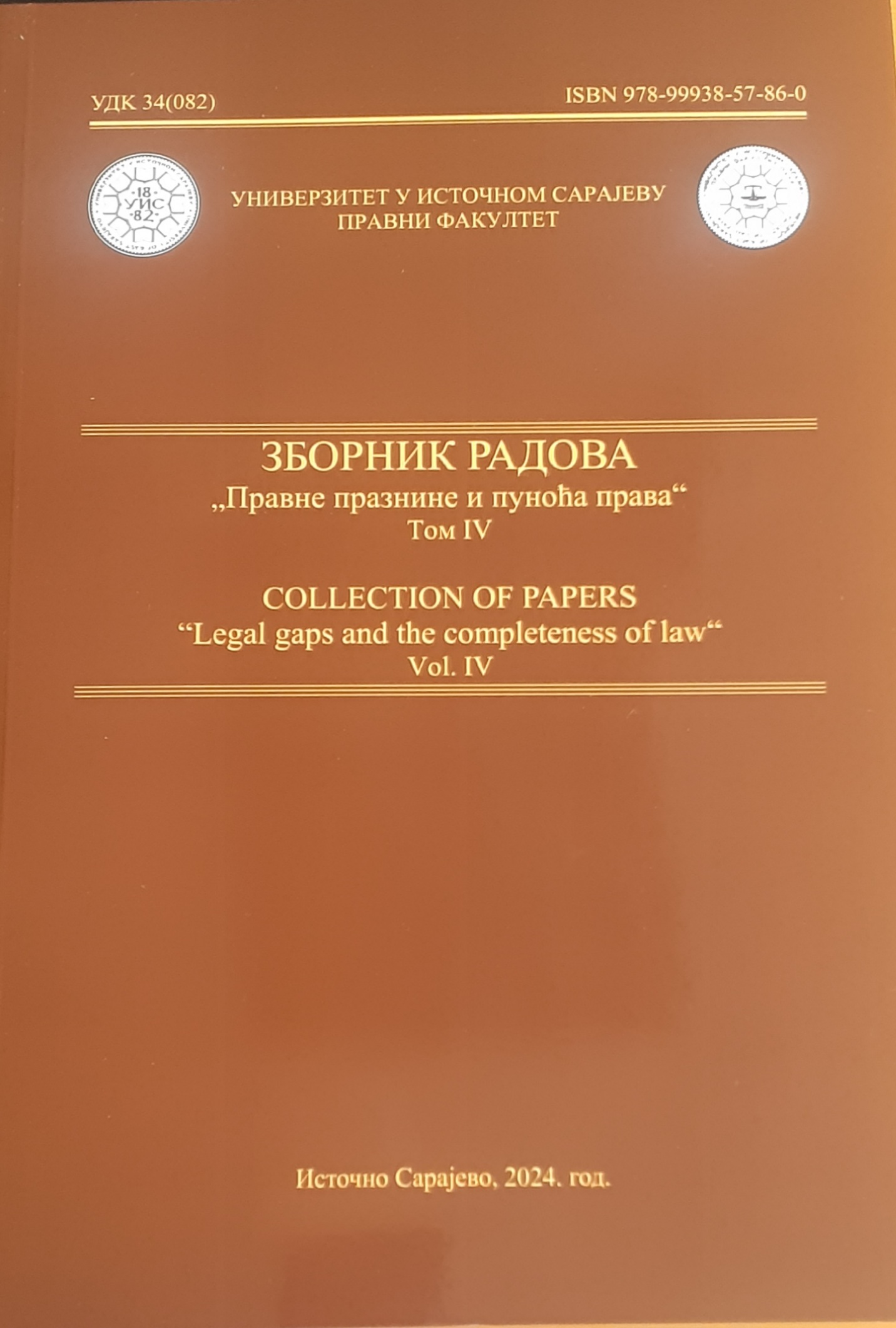Author(s): Vladimir V. Veković / Language(s): Serbian
Publication Year: 0
Execution of sentence in criminal law is a practical way of achieving the overall purpose of prescribing and imposing criminal sanctions and verifying appropriateness of judicial elections, and types of sanctions and measures in each case. The results achieved at the level of executing criminal sanctions significantly affect the overall value of the criminal policy of combating and preventing crime, which is why the penitentiary system attracts more attention in the world and in our country. When it comes to imprisonment - an irreplaceable link in the chain of social reaction to crime in Serbia, it should be noted that its enforcement is burdened with many problems, some of them quite old, others more recent, but what they have in common is that their destructive effects are intensified in the times of economic crisis.Positive regulation in this area is in line with the highest standards established by the international instruments adopted under the auspices of the United Nations and the Council of Europe, but it is much more difficult to apply the solutions in penalty practice. Over the last several years, in cooperation with the OSCE Mission to Serbia, Council of Europe - Office in Belgrade, the European Agency for Reconstruction and the Canadian International Development Agency, there have been significant improvements in the normative, personnel, organizational, material and technical fields, but the achieved results are still not satisfactory. Starting from the strategy adopted by the Government of the Republic of Serbia passed in 2010 the system of criminal sanctions should continuously promote coordinated, well-designed and content-rich activities. Thus, it will be shaped by consistent enforcement system, which means that the execution of criminal sanctions, and therefore the prison sentence, without exceptions applies methods, means and measures set forth by the applicable regulations that are compatible with the relevant international standards in this area. By creating a general climate of respect for human rights, including having more humane attitude towards the inmates and improving their status, the society will contribute to more efficient realization of the purpose of executing the sentence of imprisonment which, despite the introduction of a range of alternative sanction remains unavoidable tool in the fight against crime. Social context in which implementation of reforms is to be intensified is not favorable; nonetheless, the reforms remain necessary prerequisite for successful prevention and combat against crime.
More...
